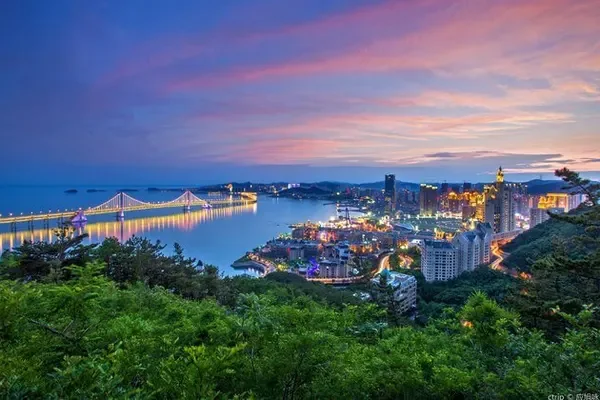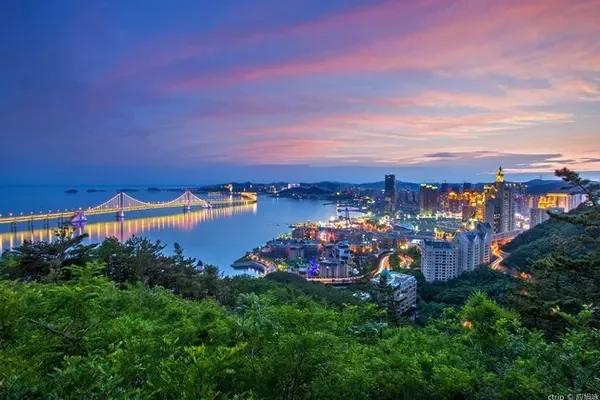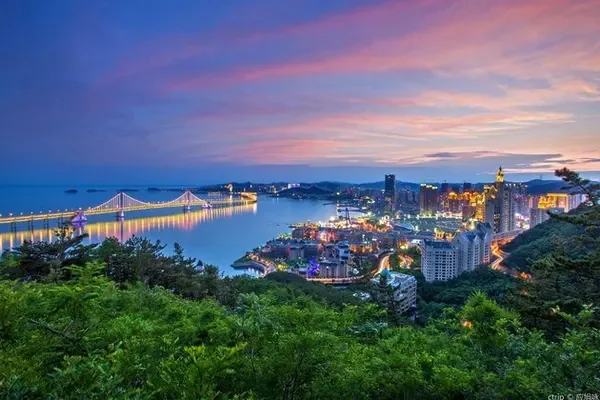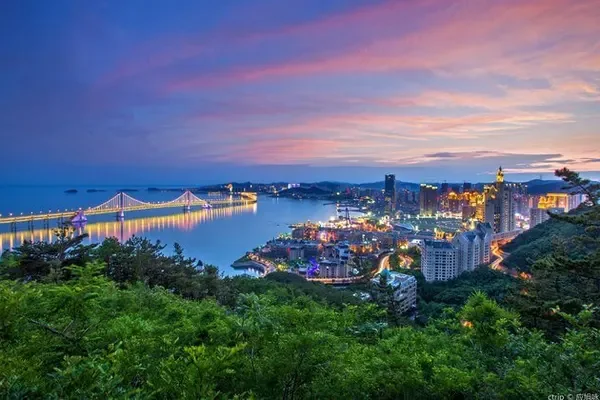- Atlanta
- Bole
Atlanta (/ætˈlæntə/ at-LAN-tə) is the capital and most populous city of the U.S. state of Georgia. It is the seat of Fulton County, the most populous county in Georgia, but its territory falls in both Fulton and DeKalb counties. With a population of 498,715 living within the city limits, it is the eighth most populous city in the Southeast and 38th most populous city in the United States according to the 2020 U.S. census. It is the core of the much larger Atlanta metropolitan area, which is home to more than 6.1 million people, making it the eighth-largest metropolitan area in the United States. Situated among the foothills of the Appalachian Mountains at an elevation of just over 1,000 feet (300 m) above sea level, it features unique topography that includes rolling hills, lush greenery, and the most dense urban tree coverage of any major city in the United States.
Atlanta was originally founded as the terminus of a major state-sponsored railroad, but it soon became the convergence point among several railroads, spurring its rapid growth. The largest was the Western and Atlantic Railroad, from which the name "Atlanta" is derived, signifying the city's growing reputation as a major hub of transportation. During the American Civil War, it served a strategically important role for the Confederacy until it was captured in 1864. The city was almost entirely burnt to the ground during General William T. Sherman's March to the Sea. However, the city rebounded dramatically in the post-war period and quickly became a national industrial center and the unofficial capital of the "New South". After World War II, it also became a manufacturing and technology hub. During the 1950s and 1960s, it became a major organizing center of the American Civil Rights Movement, with Martin Luther King Jr., Ralph David Abernathy, and many other locals becoming prominent figures in the movement's leadership. In the modern era, Atlanta has stayed true to its reputation as a major center of transportation, with Hartsfield–Jackson Atlanta International Airport becoming the world's busiest airport by passenger traffic in 1998 (a position it has held every year since, with the exception of 2020 as a result of the worldwide COVID-19 pandemic).
With a gross domestic product (GDP) of $406 billion, Atlanta has the tenth largest economy of cities in the U.S. and the 20th largest in the world. Its economy is considered diverse, with dominant sectors in industries including transportation, aerospace, logistics, healthcare, news and media operations, film and television production, information technology, finance, and biomedical research and public policy. The gentrification of some its neighborhoods, initially spurred by the 1996 Summer Olympics, has intensified in the 21st century with the growth of the Atlanta Beltline. This has altered its demographics, politics, aesthetics, and culture.
- Bole tourism problem?
- Is there a bus from Bole to Alashankou? How long does it take to get to Alashankou? How many buses are there a day? How much is the fare? thanks
- Long-distance bus schedule from Burqin to Bole
- Reasonable route from Urumqi to Dalian
- How much is the train from Urumqi to Ningxia?
- Do 7-year-old and 4-year-old children need tickets? No more than 1.2 meters tall





